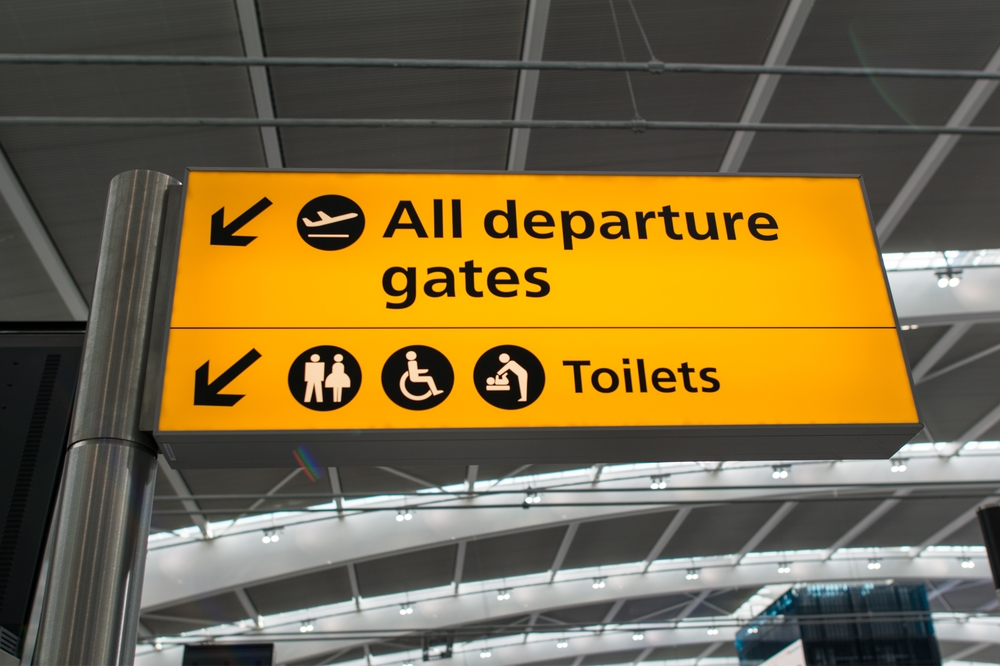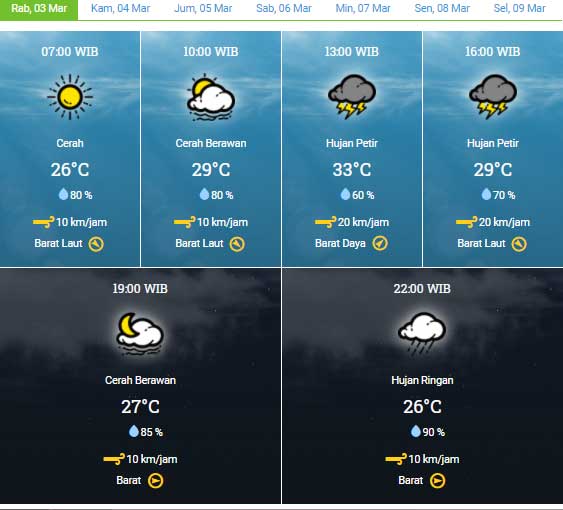Understanding Bali Belly: Causes, Prevention, And Treatment Options

Table of Contents
Causes of Bali Belly
Bali Belly, or traveler's diarrhea, isn't a specific disease but rather a symptom of various infections affecting the digestive system. Several factors contribute to its development:
Contaminated Food and Water
The primary culprit behind Bali Belly is the consumption of food or water contaminated with bacteria, viruses, or parasites. These microscopic invaders can easily cause significant digestive issues. Some common pathogens include:
- Escherichia coli (E. coli): A common bacterium found in contaminated water and undercooked meat.
- Salmonella: A bacterium frequently associated with poultry and eggs.
- Shigella: A bacterium causing severe diarrhea, often spread through fecal contamination.
- Giardia: A parasite that thrives in contaminated water sources.
Consuming undercooked or raw foods, particularly seafood, meat, and eggs, poses a significant risk. Similarly, consuming raw produce that hasn't been properly washed and drinking unpurified water can easily lead to a bout of Bali Belly. Food hygiene standards vary greatly between locations; even in tourist areas, maintaining caution is crucial.
Hygiene Practices
Poor hygiene plays a substantial role in the transmission of Bali Belly. The bacteria and viruses responsible for this stomach illness can easily spread through contaminated hands. This highlights the critical importance of meticulous handwashing, especially before eating and after using the toilet. Consuming food prepared in unhygienic conditions further elevates the risk of contracting this digestive issue.
Other Contributing Factors
Beyond contaminated food and water, other factors can increase susceptibility to Bali Belly:
- Weakened Immune System: Travelers may experience a temporary dip in immunity due to stress, fatigue, and changes in their routine.
- Stress: The stress of travel itself can negatively impact gut health, making individuals more vulnerable.
- Dietary Changes: A sudden shift in diet can upset the delicate balance of the gut microbiome, increasing the risk of digestive issues.
- Pre-existing Health Conditions: Individuals with underlying health conditions, particularly those affecting the immune system or digestive tract, are at a higher risk.
Preventing Bali Belly
Proactive measures are crucial in preventing Bali Belly. By adhering to these recommendations, you can significantly reduce your risk:
Food and Water Safety
- Drink bottled water only: Avoid tap water, ice cubes in drinks (unless made from purified water), and unpasteurized beverages.
- Avoid raw or undercooked foods: Steer clear of raw seafood, undercooked meats, and runny eggs.
- Wash all fruits and vegetables thoroughly: Even seemingly clean produce can harbor harmful bacteria.
- Choose well-cooked foods from reputable establishments: Opt for places with high hygiene standards.
Hygiene Practices
- Wash your hands frequently: Use soap and water, especially before eating and after using the toilet.
- Use hand sanitizer: When soap and water aren't readily available, a good quality hand sanitizer is a helpful alternative.
Prophylactic Measures
While not foolproof, certain preventive measures can bolster your gut health:
- Oral Rehydration Salts (ORS): ORS can help replace fluids and electrolytes lost due to diarrhea.
- Probiotics: Probiotics, containing beneficial bacteria like Lactobacillus and Bifidobacterium, can support gut health and potentially reduce the risk of traveler's diarrhea.
- Anti-diarrheal Medications: These should only be used under the guidance of a medical professional, as they can mask symptoms and potentially prolong the infection.
Treatment Options for Bali Belly
If you do experience Bali Belly, effective treatment focuses on managing symptoms and preventing complications:
Self-Care Measures
- Rest: Allow your body to focus on recovery.
- Fluid Intake: Drink plenty of fluids, preferably ORS solutions, to prevent dehydration.
- Avoid solid foods: Until symptoms subside, stick to a bland diet.
- Over-the-counter pain relief: Ibuprofen or paracetamol can help manage discomfort.
Medical Treatment
Seek medical attention if:
- You experience severe dehydration (excessive thirst, dizziness, decreased urination).
- Symptoms persist for more than a few days.
- You have bloody diarrhea.
- You develop a high fever.
A doctor may prescribe antibiotics in severe cases, but they're not always necessary and should only be used under medical supervision. Rehydration therapy may also be required in severe cases of dehydration.
Over-the-Counter Remedies
Loperamide is a commonly available anti-diarrheal medication, but it should be used cautiously and only as directed. It's crucial to understand potential side effects and potential risks before using this or any other over-the-counter medication.
Safeguarding Your Trip from Bali Belly
Remember, understanding the causes, prevention, and treatment of Bali Belly is key to a healthy and enjoyable trip. By prioritizing food and water safety, practicing good hygiene, and being aware of the symptoms, you can significantly reduce your risk of experiencing this common travel ailment. Don't let Bali Belly ruin your vacation! Prepare for your trip with these essential tips and enjoy your travels to the fullest. Learn more about preventing and treating Bali Belly to ensure a healthy and enjoyable trip to your dream destination!

Featured Posts
-
 Welcome To Wrexham A Visitors Itinerary
May 28, 2025
Welcome To Wrexham A Visitors Itinerary
May 28, 2025 -
 How Arsenal Have Fared Against Psv Eindhoven In Their Last Five Matches
May 28, 2025
How Arsenal Have Fared Against Psv Eindhoven In Their Last Five Matches
May 28, 2025 -
 Concussion Concern Padres Arraez Sidelined After On Field Incident
May 28, 2025
Concussion Concern Padres Arraez Sidelined After On Field Incident
May 28, 2025 -
 Uefa Nations League Laga Sengit Belanda Vs Spanyol Berakhir Imbang 2 2
May 28, 2025
Uefa Nations League Laga Sengit Belanda Vs Spanyol Berakhir Imbang 2 2
May 28, 2025 -
 Waspada Hujan Di Jawa Timur Perkiraan Cuaca 24 Maret
May 28, 2025
Waspada Hujan Di Jawa Timur Perkiraan Cuaca 24 Maret
May 28, 2025
Latest Posts
-
 Tigers Doubleheader Rescheduled Games And Ticket Information
May 31, 2025
Tigers Doubleheader Rescheduled Games And Ticket Information
May 31, 2025 -
 Brandon Inges Kalamazoo Baseball Reunion
May 31, 2025
Brandon Inges Kalamazoo Baseball Reunion
May 31, 2025 -
 Tigers Drop First Home Series Bats Silent Against Rangers
May 31, 2025
Tigers Drop First Home Series Bats Silent Against Rangers
May 31, 2025 -
 Inge Returns To The Dugout For A Night In Kalamazoo
May 31, 2025
Inge Returns To The Dugout For A Night In Kalamazoo
May 31, 2025 -
 Kalamazoo Baseball Brandon Inges Special Guest Appearance
May 31, 2025
Kalamazoo Baseball Brandon Inges Special Guest Appearance
May 31, 2025
